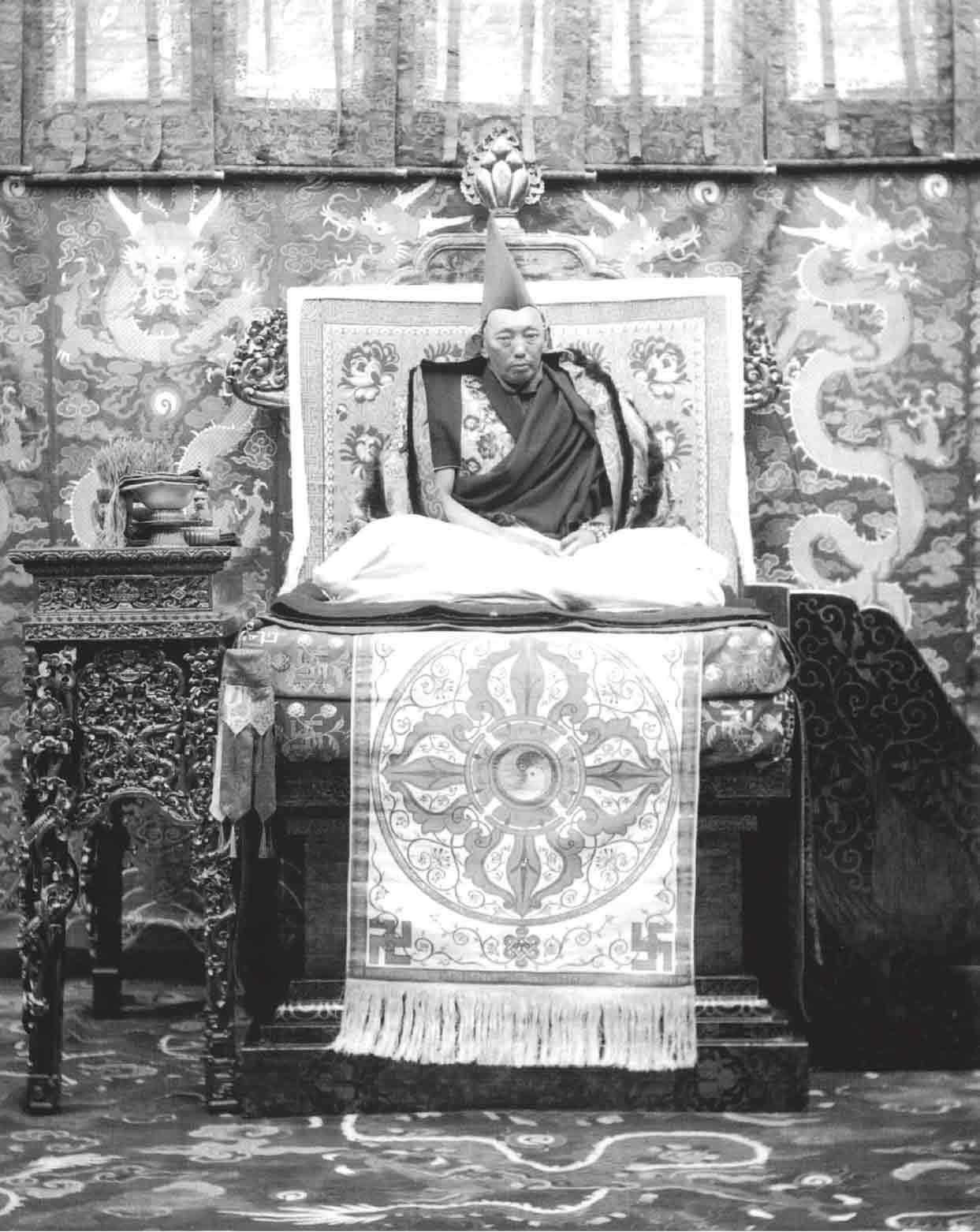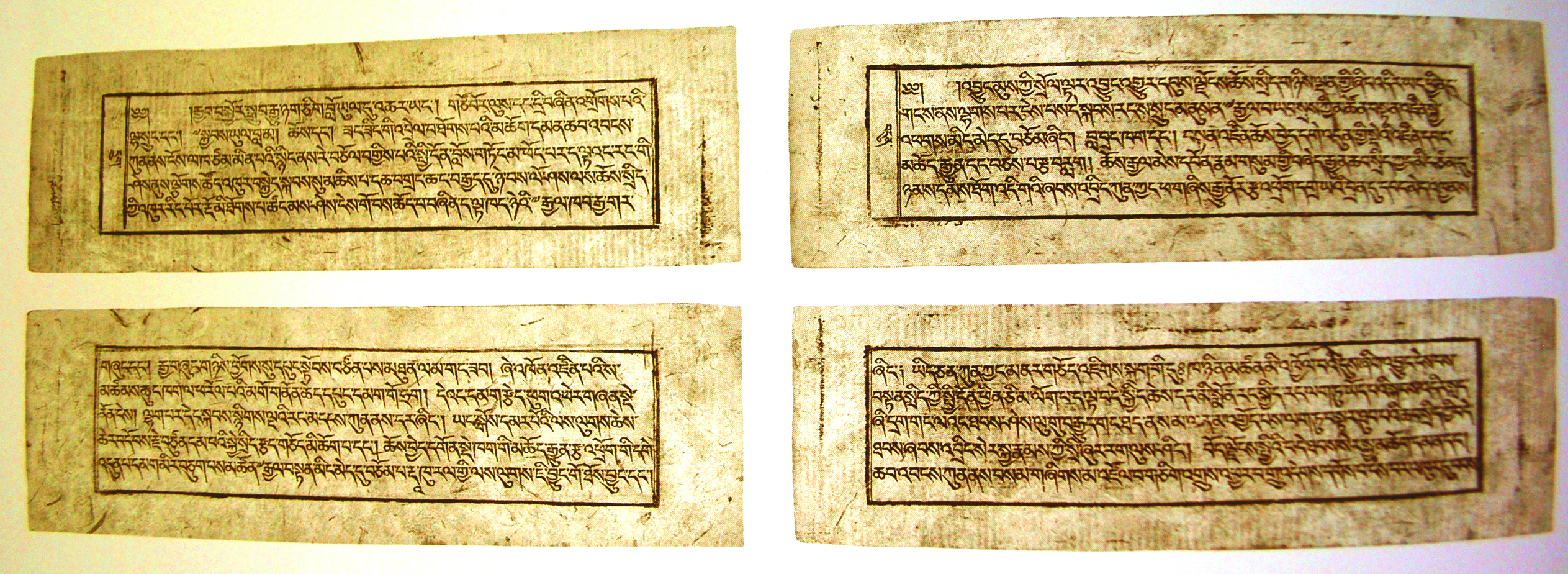

Legacy and Final Testament
The 13th Dalai Lama passed away in 1933 at the age of 58. His life embodied the challenge of bridging tradition with modernity. In his prophetic final testament, he warned of dire consequences if Tibet did not awaken and reform – foretelling the destruction of monasteries, the erosion of sovereignty, and the suffering of the Tibetan people.
His legacy is one of courage, foresight, and devotion to the well-being of Tibet. Through war, exile, diplomacy, and reform, he endeavored to secure a future for his nation.
Under the leadership of the 13th Dalai Lama, Tibet displayed all the attributes of a modern sovereign state: a defined territory, an independent government, a national currency, flag, postal system, and the conduct of foreign diplomacy. These were not mere symbols – they were tangible expressions of a nation asserting its rightful place in the world.



Excerpts from his Testament (Shel-cham) reflect deep concern over the loss of Tibet’s spiritual-political system and the dangers posed by foreign ideologies and internal disunity:
“In future, this system will certainly be forced either from within or without on this land that cherished the joint spiritual and temporal system. If, in such an event, we fail to defend our land, the holy lamas, including the “triumphant father and son” [the Dalai Lama and the Panchen Lama] will be eliminated without a trace of their names remaining; the properties of the incarnate lamas and of the monasteries along with the endowments for religious services will all be seized. Moreover, our political system, conceived by the three ancient kings, will be reduced to an empty name; my officials, deprived of their patrimony and property, will be subjugated like slaves by the enemy; and my people, subjected to fear and miseries, will be unable to endure day or night. Such an era will certainly come.”
